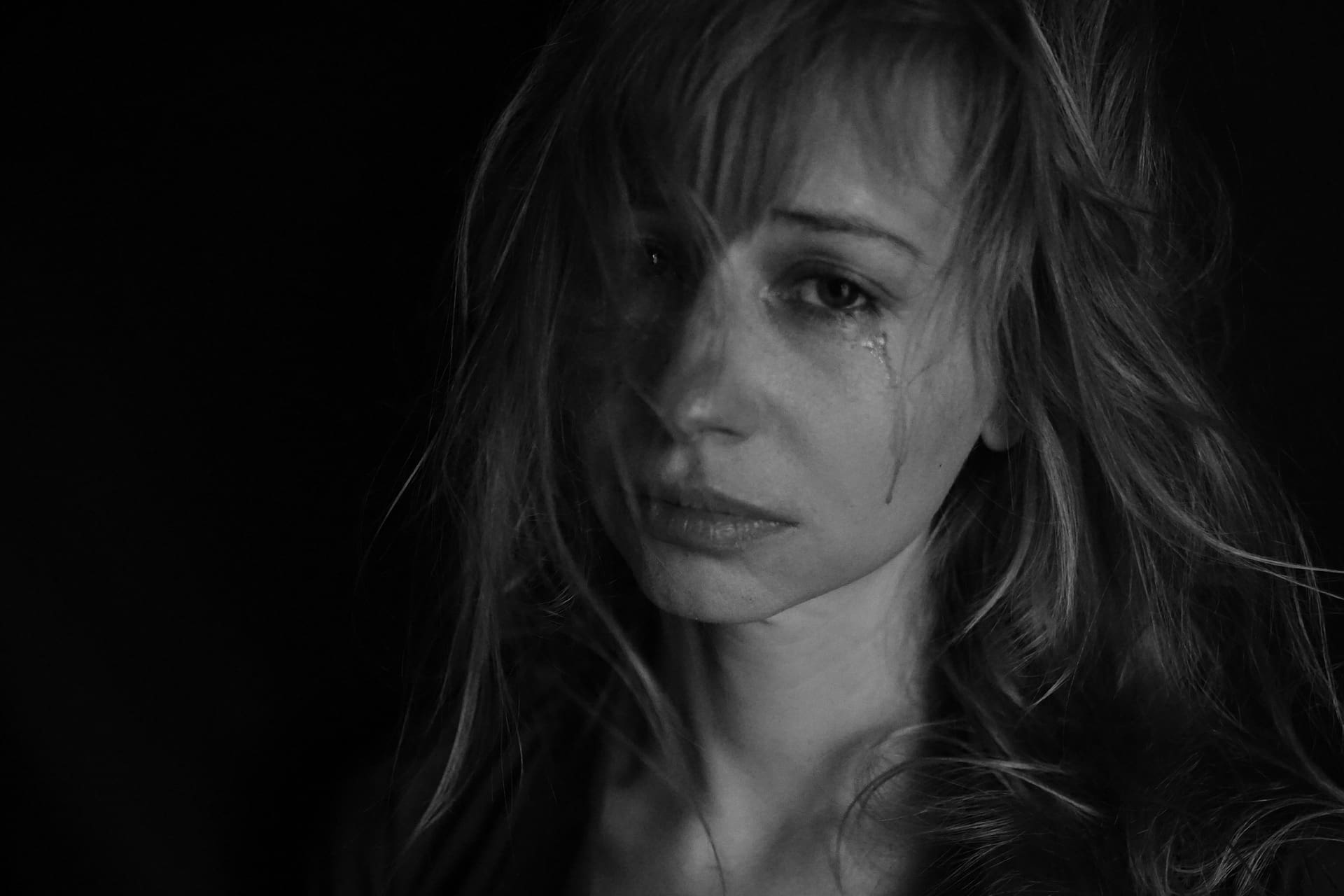
When you’re going through a tough time it’s normal to feel down for a while. Having a low mood or feeling on edge are common experiences for all of us. But if you’re feeling sad or miserable most of the time over a long period of time, it may be a potential indicator of depression.
Depression is a common mental disorder that, according to Sanjay Gupta, M.D., psychiatrist and Chief Medical Officer for BryLin Behavioral Health System, affects more than 300 million people across the globe. Dr. Gupta says, “Despite the fact that there are known and highly effective treatments for depression, fewer than half of those suffering from depression will reach out for such treatments.”
Understanding depression and how to recognize its symptoms may compel people battling it to seek help and professional treatment for this very common and treatable disorder. Dr. Gupta offers up some helpful advice.
Why do I have depression?
The World Health Organization notes that depression is the byproduct of a complex interaction of social, psychological and biological factors. Exposure to adverse life events can increase one’s risk of developing depression such as the loss of one’s job, the death of a loved one, chronic disease, or psychological trauma. Isolation and social distancing during the COVID-19 pandemic have also had a major impact on our lives.
Dr. Gupta states that many people are facing challenges in their lives that can feel stressful or overwhelming at times. “These challenges are causing strong emotions which are affecting people’s mental health in a negative way”, he says. In a recent Household Pulse Survey, approximately 40% of adults in the U.S. have reported symptoms of anxiety or depression during the pandemic.
What happens if depression is left untreated?
The Mayo Clinic notes that people with untreated depression are at risk of suicide. “If left untreated, depression is the number one cause for suicide“, says Dr. Gupta. “This only highlights the importance of understanding depression symptoms and acting once symptoms are identified or suspected.”
Symptoms can include:
- Difficulty concentrating, remembering details and making decisions
- Fatigue
- Feelings of guilt, worthlessness and helplessness
- Pessimism and hopelessness
- Insomnia, early-morning wakefulness or sleeping too much
- Irritability and restlessness
- Loss of interest in things once deemed pleasurable, including sex
- Overeating or appetite loss
- Aches, pains, headaches, or cramps that won’t go away
- Digestive problems that don’t get better, even with treatment
- Persistent sad, anxious or “empty” feelings
- Suicidal thoughts or attempts
“Anyone exhibiting any of these symptoms or who suspects having depression should visit a physician immediately. Your doctor, or a mental health specialist, can discuss the duration and severity of your symptoms as well as any family history or possible history of drug or alcohol abuse”, says Dr. Gupta. “There are many treatments available for depression and your doctor can determine which one might be the best for you.”
Depression is a common mental disorder that too often goes untreated and under-diagnosed. Dr. Gupta will be the first to tell you that, “treatment (for depression) works. Seeking professional help for your depression can make all the difference.” Help is available – we need to ask for it.
With HELP, There’s HOPE

Sanjay Gupta, MD – Chief Medical Officer (CMO)
(Pictured) Sanjay Gupta, M.D. is a psychiatrist and Chief Medical Officer at BryLin Behavioral Health System in Buffalo, NY.
⇒ Inpatient Mental Health Care
⇒ Electroconvulsive Therapy (ECT)
 Are You Struggling with Your Mental Health?
Are You Struggling with Your Mental Health?
You’re not alone. Many people have feelings or experiences like yours at some point in their lives. When such experiences become severe, some people need to reach out for help and treatment.
Call BryLin to speak with a licensed professional at (716) 886-8200 or Contact Us Today!


Comments are closed